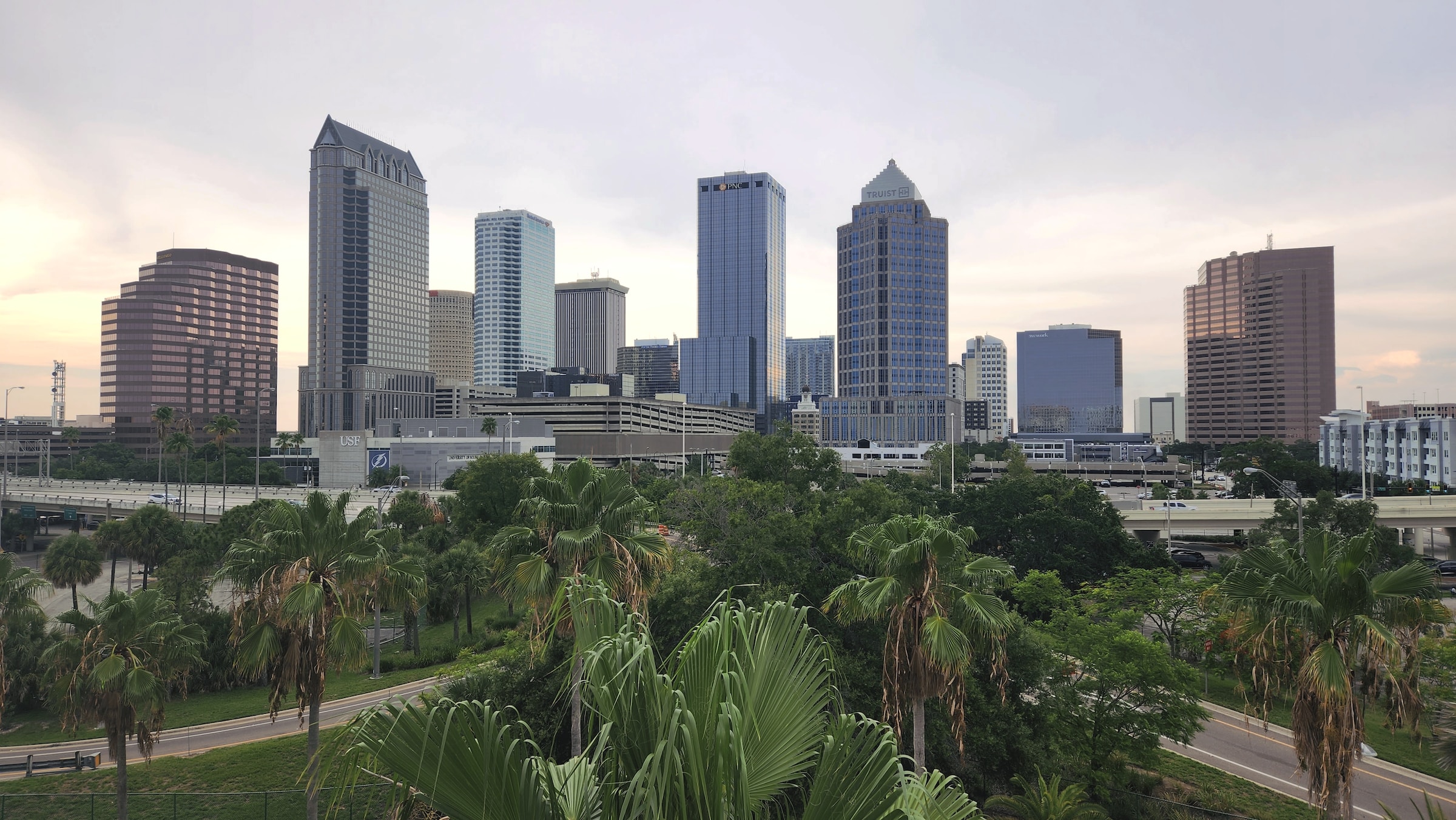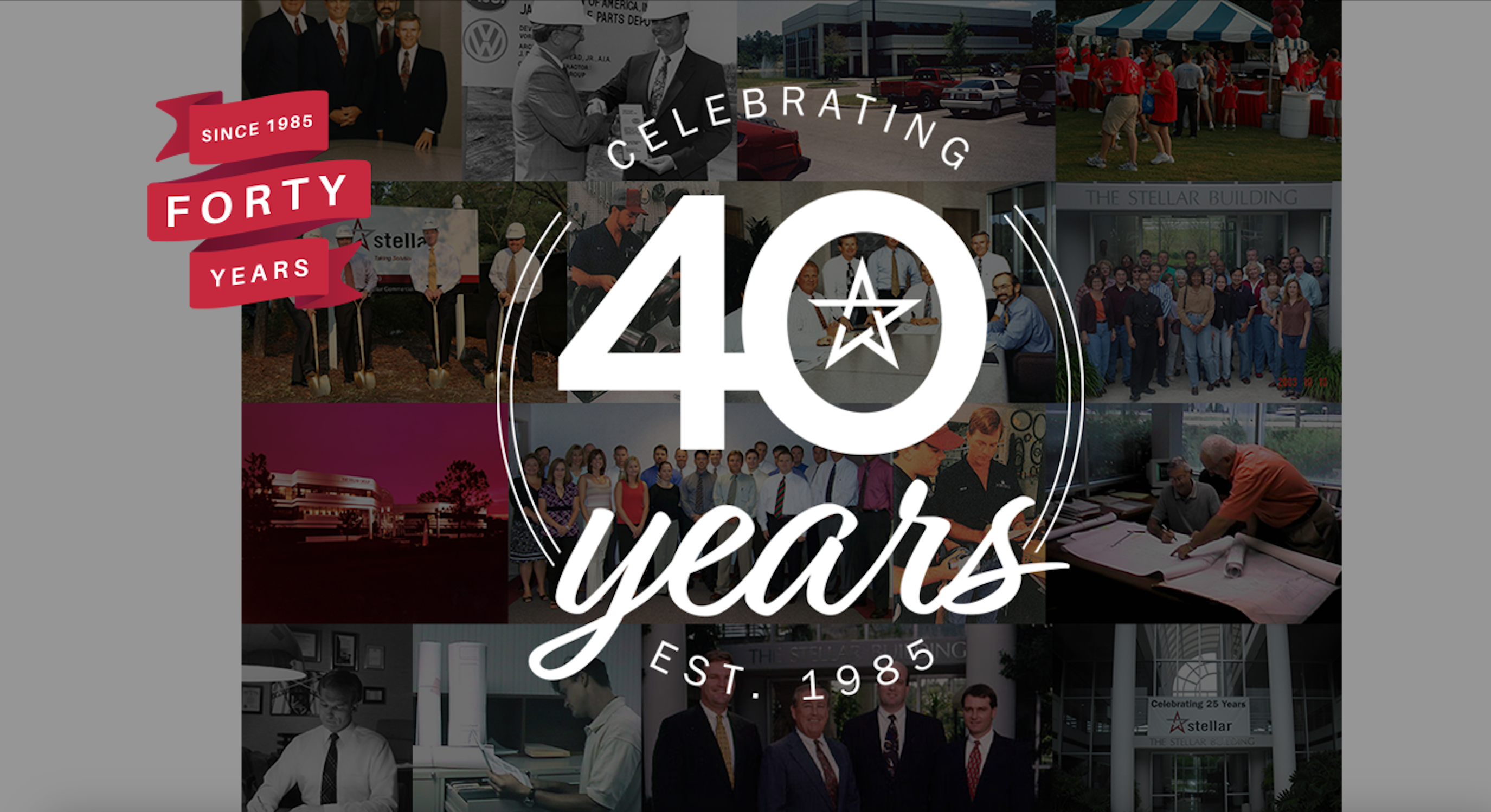The new age of urbanism is taking shape all around us. Across the world, futuristic cities straight out of SciFi movies are being built from the ground up. But at home, news of technological breakthroughs, infrastructure challenges, and climate dilemmas means that wearing a vague “smart city” badge no longer cuts it. But some cities are making strides to becoming a city of the future. So what are the top future-ready U.S. cities?
To find out, Point2 analyzed the 100 largest cities in the United States to reveal their future-ready potential.
This report aggregates the factors that reflect what cities are working on today for a better tomorrow — from the obvious (like internet access, tech job openings, and air quality) to key indicators that can help paint a wider picture of what’s yet to come (such as the number of recent invention patents and building permits issued so far this year).
Most Future-Ready Cities in the United States
The country’s most future-ready large city is Seattle, WA. The city ranks particularly high when it comes to metrics such as the number of startups, invention patents, annual median income, the influx of population with a bachelor’s degree, and even bikeability. San Jose, CA is the second-most innovative city. The Silicon Valley sweetheart is followed by Denver, CO, San Diego, CA, and Austin, TX. Check out the full list of the 100 largest cities ranked by how future-ready they currently are.
The 5 Spheres of Future Readiness
Point2 considered 30 key metrics distributed across five categories, each shedding light on a different aspect of urban innovation: Business & Technology; Internet Connectivity; Environment & Sustainability; Transit & Mobility; and Economy & Demographics.
Business & Technology
A city's commitment to fostering technological advancement is an indicator of its commitment to the future. California cities take the podium in this sense, with San Jose and San Diego excelling in terms of invention patents submitted between 2018 and 2022, and San Francisco having the second-most startups among the largest 100 cities (after New York City).
Internet Connectivity
Wide access to the internet is crucial in the developing digital age. Sacramento, CA, and two Texas cities one might not expect, Plano and Garland, are the most well-connected U.S. cities. This is generally due to a 100% coverage of high-speed mobile broadband, and large shares of households with internet access.
Related: European IT Firm Chooses Tampa as Its Headquarters
Environment & Sustainability
As climate change poses more questions, prioritizing environmental sustainability makes all the difference. Electric and alternative fuel stations put Seattle, Sacramento, and San Diego on the sustainability map; Washington, D.C., and NYC claim the most green-certified buildings.
Transit & Mobility
The dawn of a new transportation revolution is defined by urban hypermobility. Bike-sharing programs make moving around Minneapolis, MN, San Francisco, and Seattle easier than in other urban centers; Atlanta saw more than 45 million enplanements — even more than Chicago and NYC airports.
Economy & Demographics
As long as the economy is strong enough to provide the necessary resources, a diverse and skilled population can drive innovation. In Arlington, VA, Fremont, CA, and Gilbert, AZ, the future is bright due to a cocktail of high median income mixed with low unemployment and poverty rates.




























